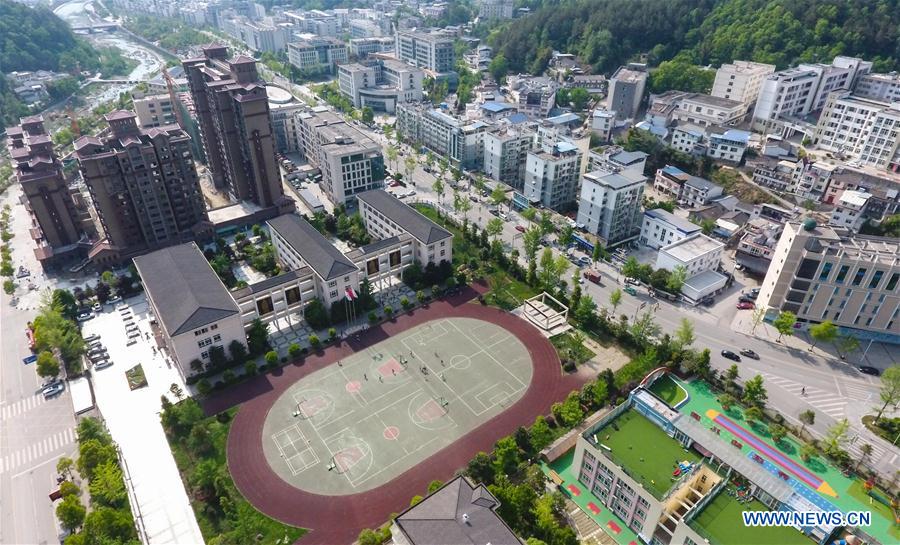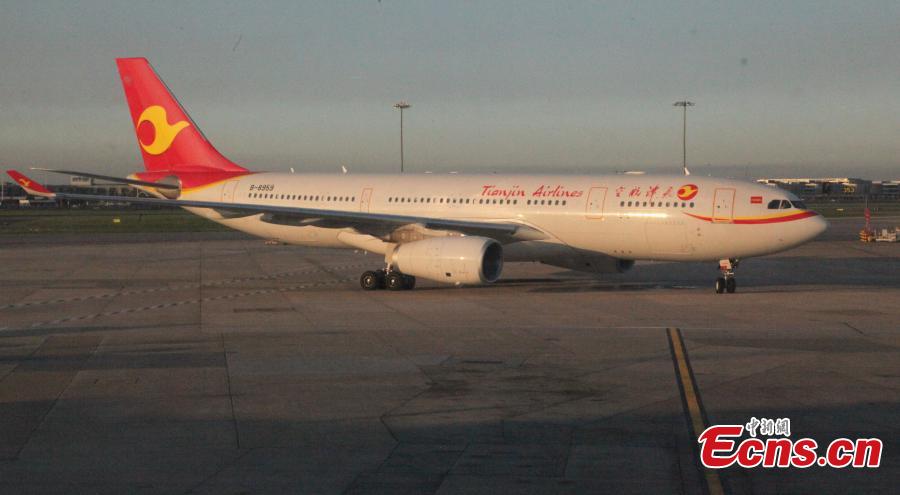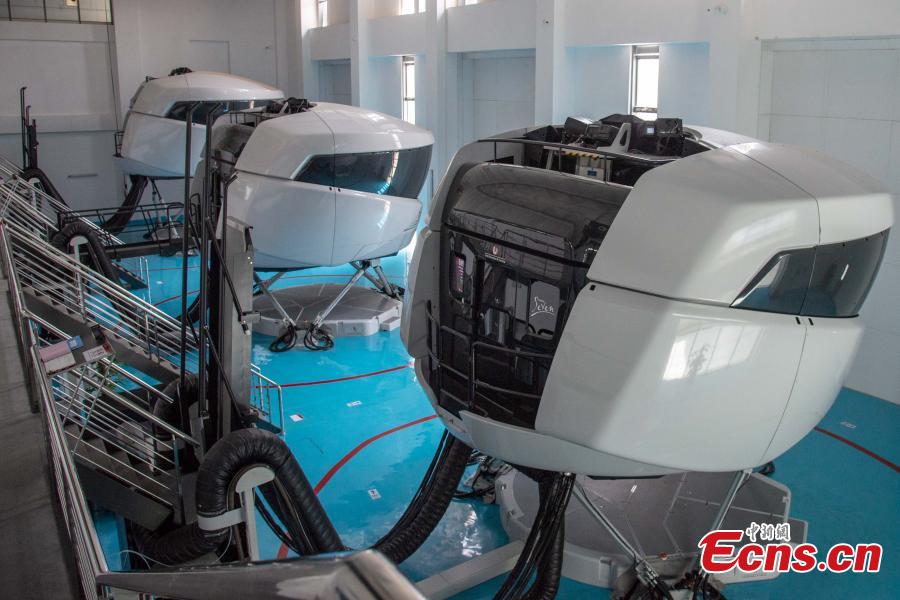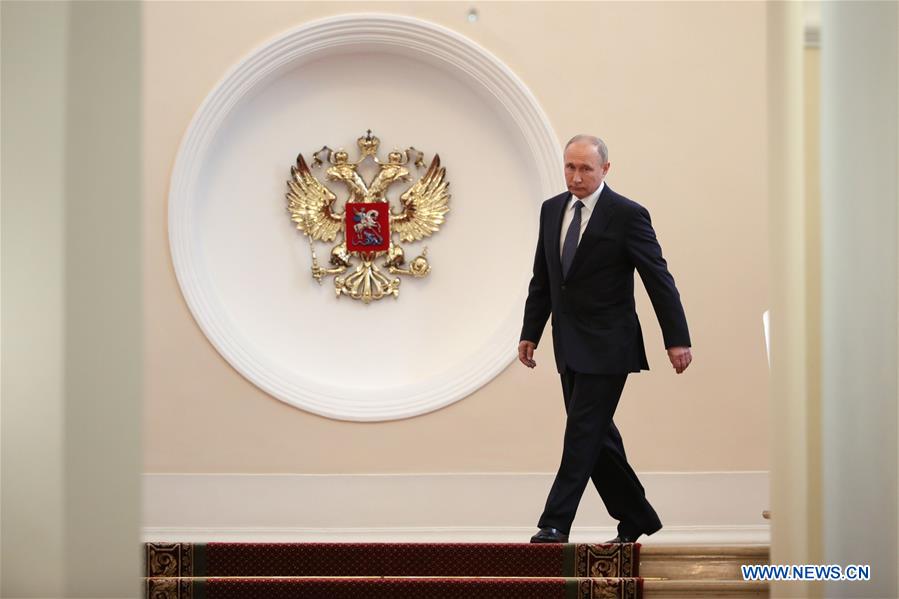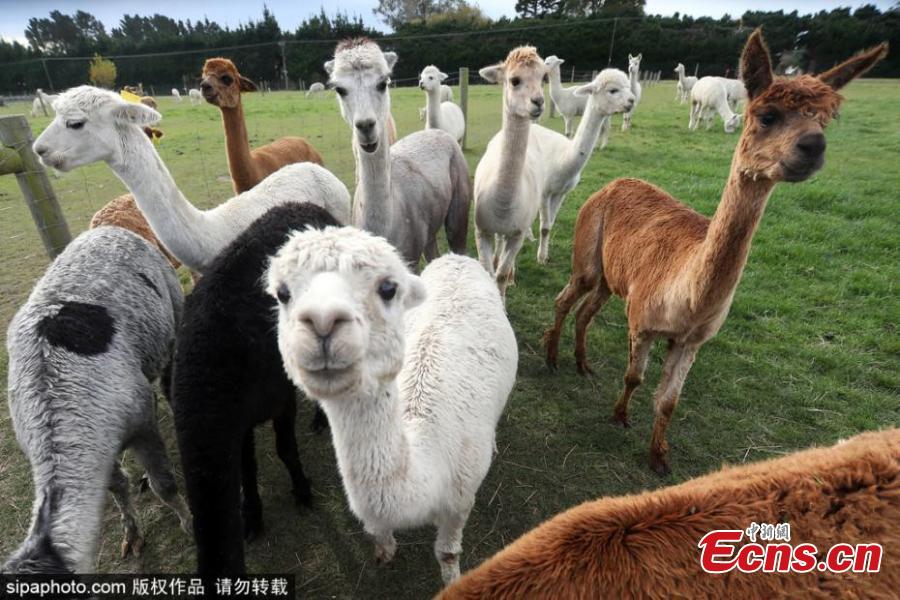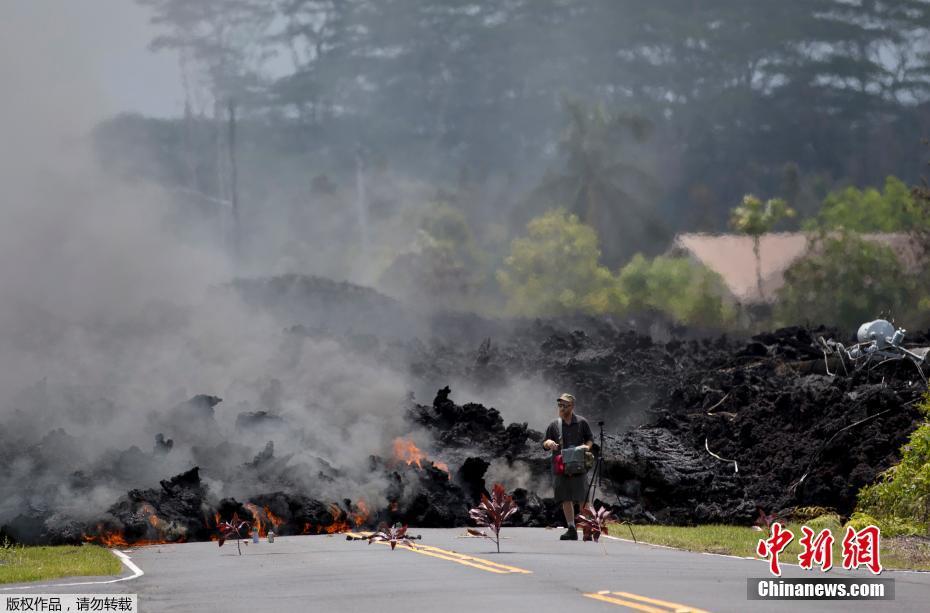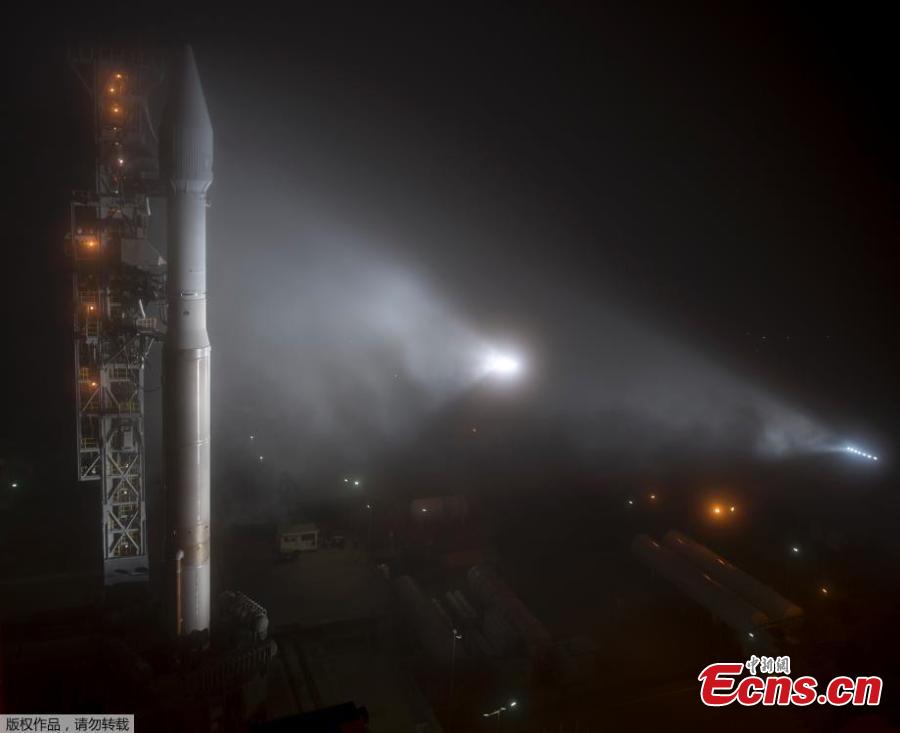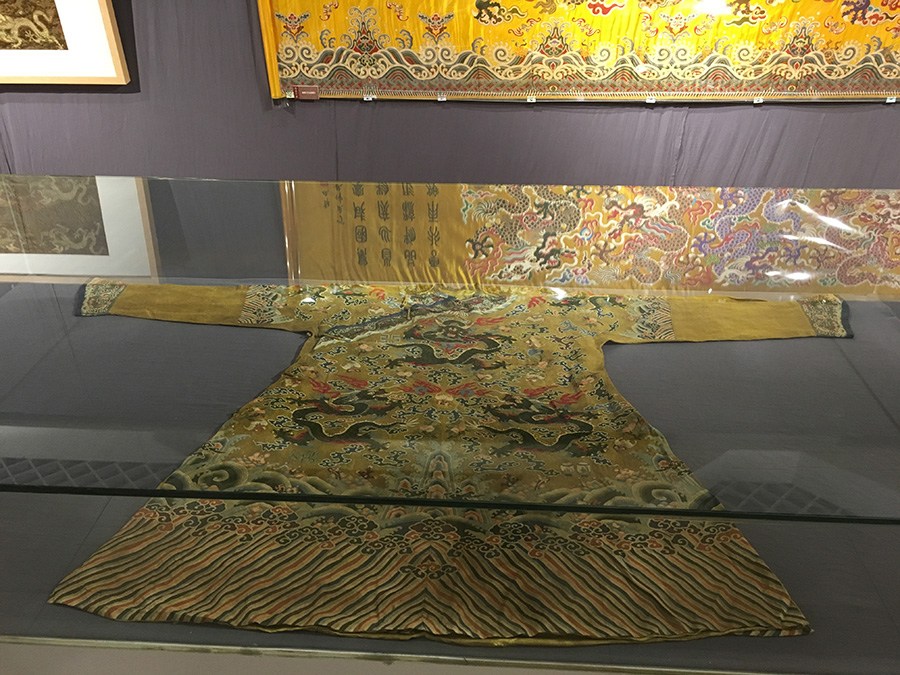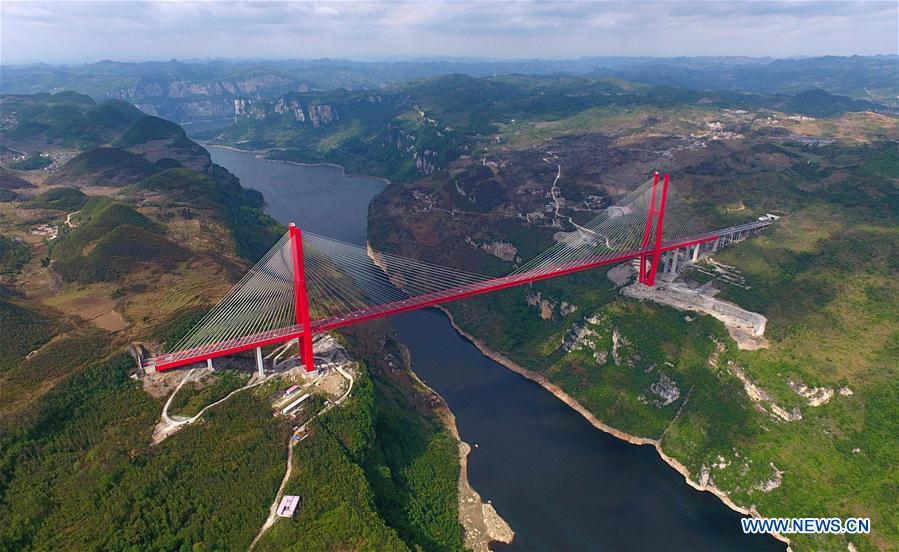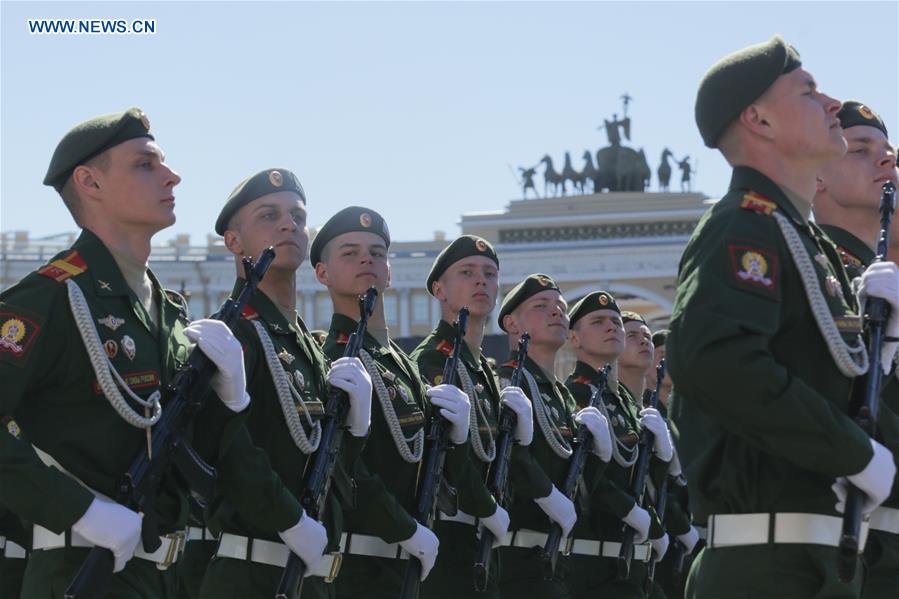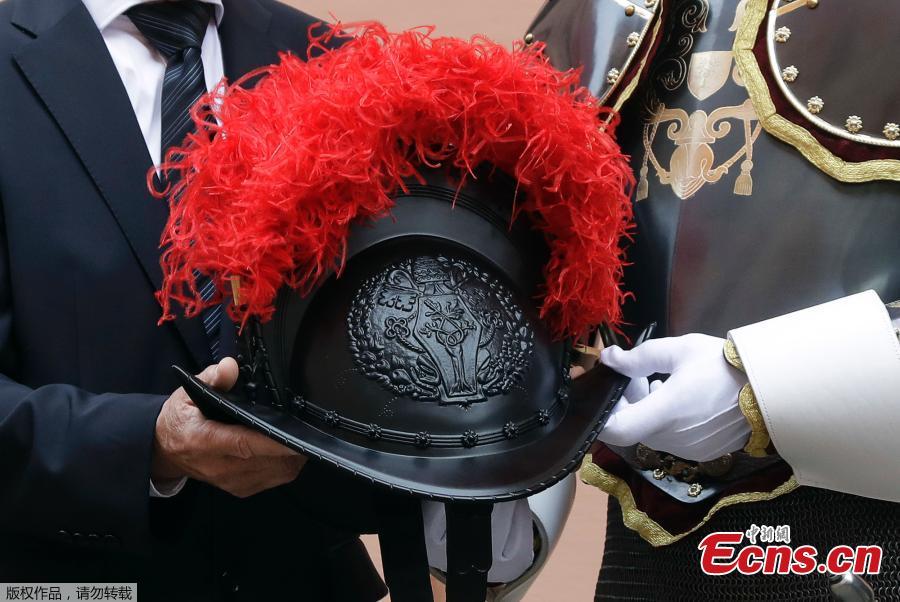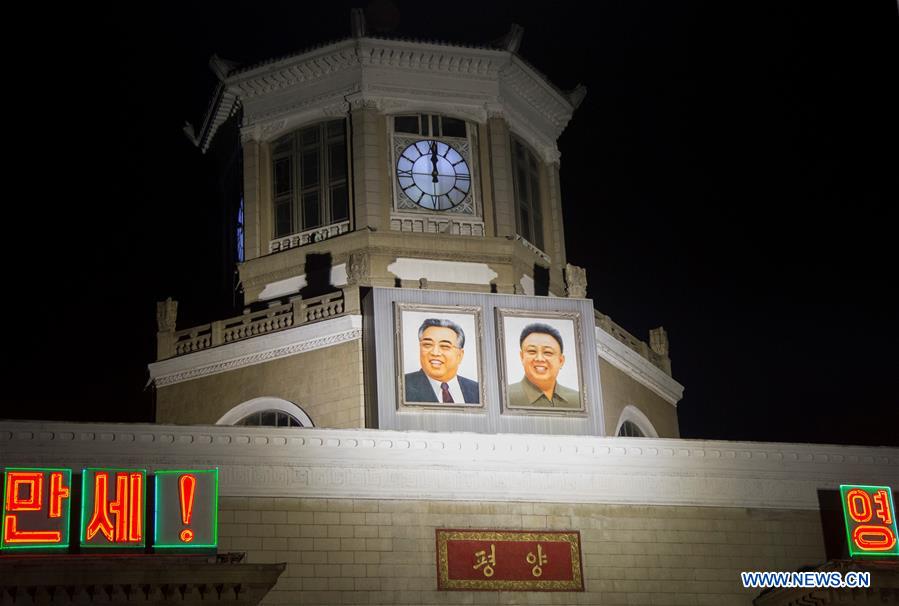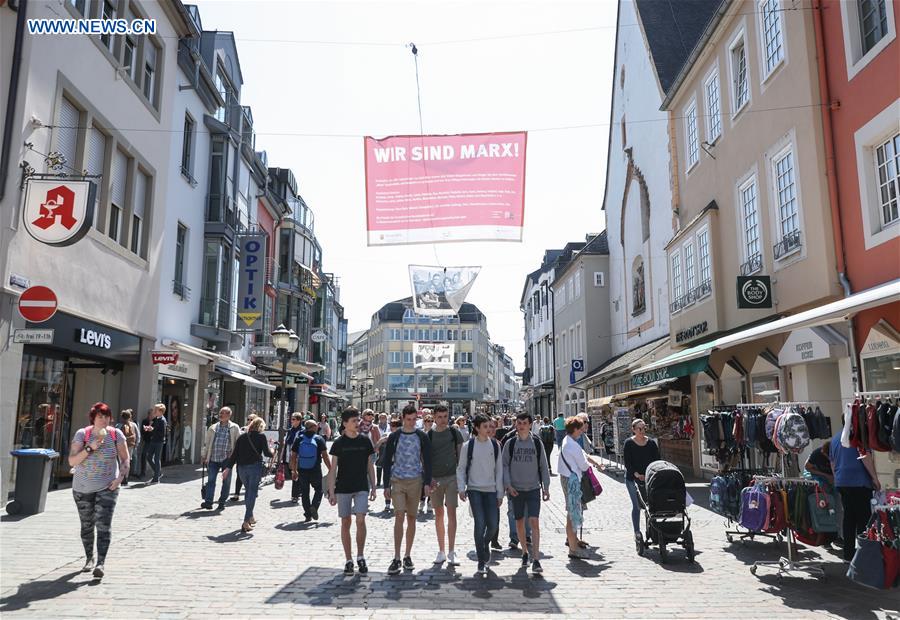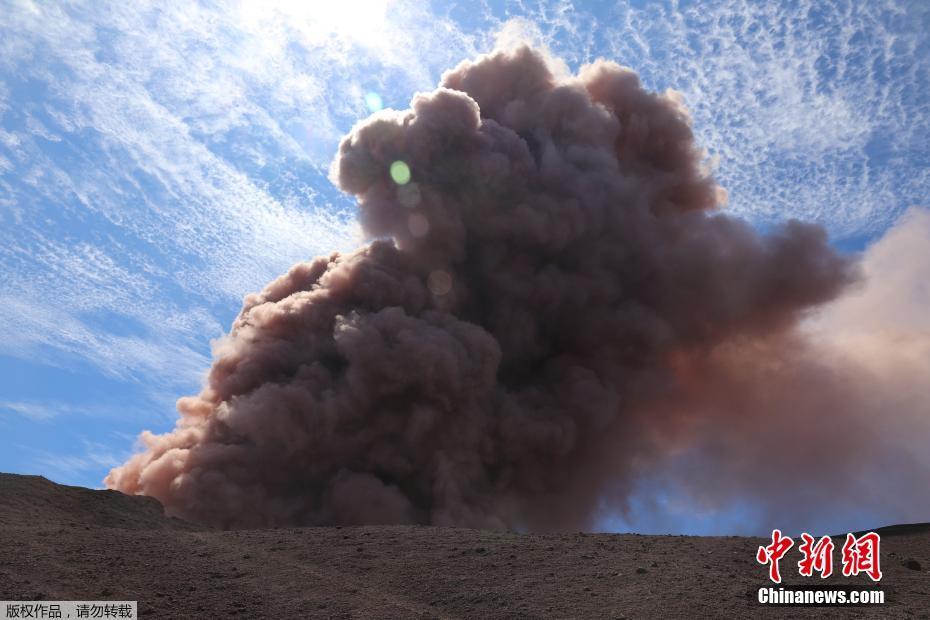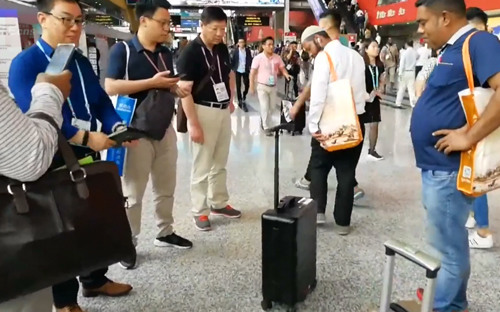A senior official of China's central bank said Sunday that the decision to inject capital into the Silk Road Fund stemmed from an enormous funding demand.[Special coverage]
The fund has a large reserve of projects in waiting, and the demand for funds will be greater in the future, said Yi Gang, deputy governor of the People's Bank of China.
China will contribute an additional 100 billion yuan (about 14.5 billion U.S. dollars) to the Silk Road Fund, President Xi Jinping said earlier Sunday when he addressed the opening of the Belt and Road Forum for International Cooperation.
"It is very necessary to increase the capital of the Silk Road Fund at the current stage," Yi told Xinhua.
The capital boost will help the fund to take advantage of flexibility and high efficiency, while more funding will also help the fund to play its leveraging role, Yi said.
The capital boost will not change the market-oriented operating principle of the fund, which will get fair returns on its investment while funding Belt and Road construction, Yi said.
Designed to finance the Belt and Road Initiative, the Silk Road Fund was founded in December 2014 and is jointly backed by China's foreign exchange reserves, China Investment Corp., Export-Import Bank of China and China Development Bank.
On the future plans of the fund, Yi said it will facilitate the alignment of the Belt and Road Initiative with the development strategies of countries involved in the initiative.
The fund will continue to champion the concept of green and sustainable development, incorporating social responsibilities such as environmental protection into its feasibility evaluation and risk management system, Yi said.
To provide more funding for Belt and Road cooperation, China will also encourage financial institutions to conduct overseas RMB fund business with an estimated amount of about 300 billion yuan, President Xi said in his speech.
In addition, the CDB and China EximBank will set up special lending schemes worth 250 billion yuan equivalent and 130 billion yuan equivalent respectively to support Belt and Road cooperation on infrastructure, industrial capacity and financing, Xi said.
Financing bottlenecks are a key challenge to realizing connectivity. China has engaged in multiple forms of financial cooperation with countries and organizations involved in the Belt and Road Initiative.
The AIIB has provided 1.7 billion U.S. dollars of loans for nine projects in Belt and Road countries, and the Silk Road Fund has made four billion U.S. dollars of investment.
A multi-tiered Belt and Road financial cooperation network has taken initial shape, President Xi said.










